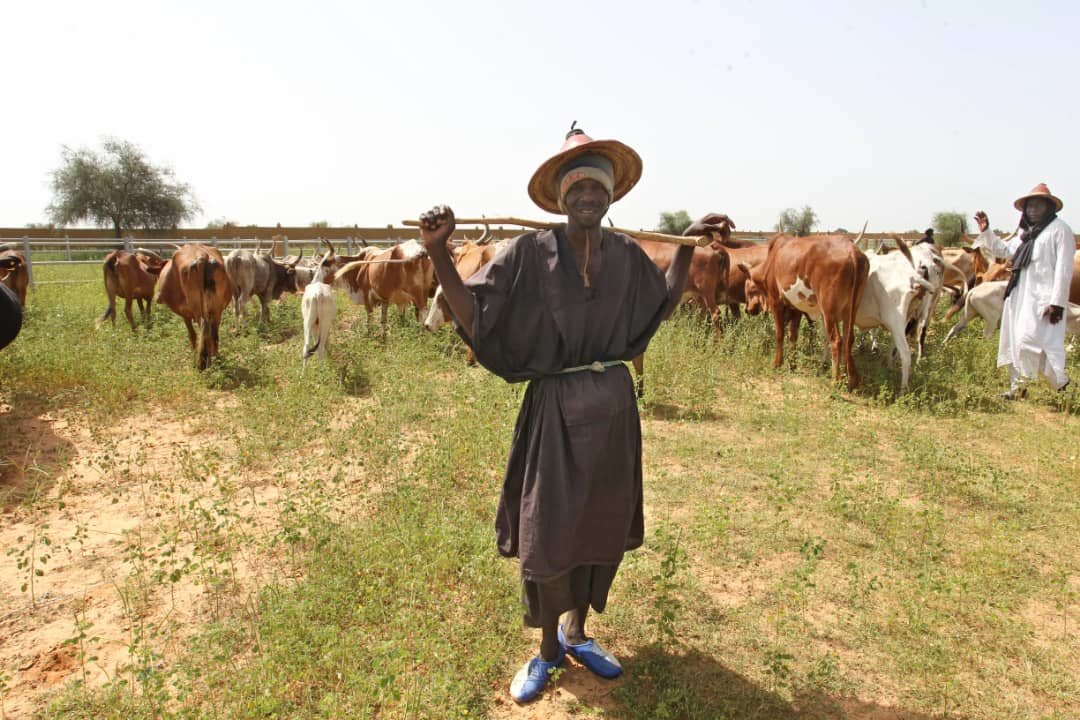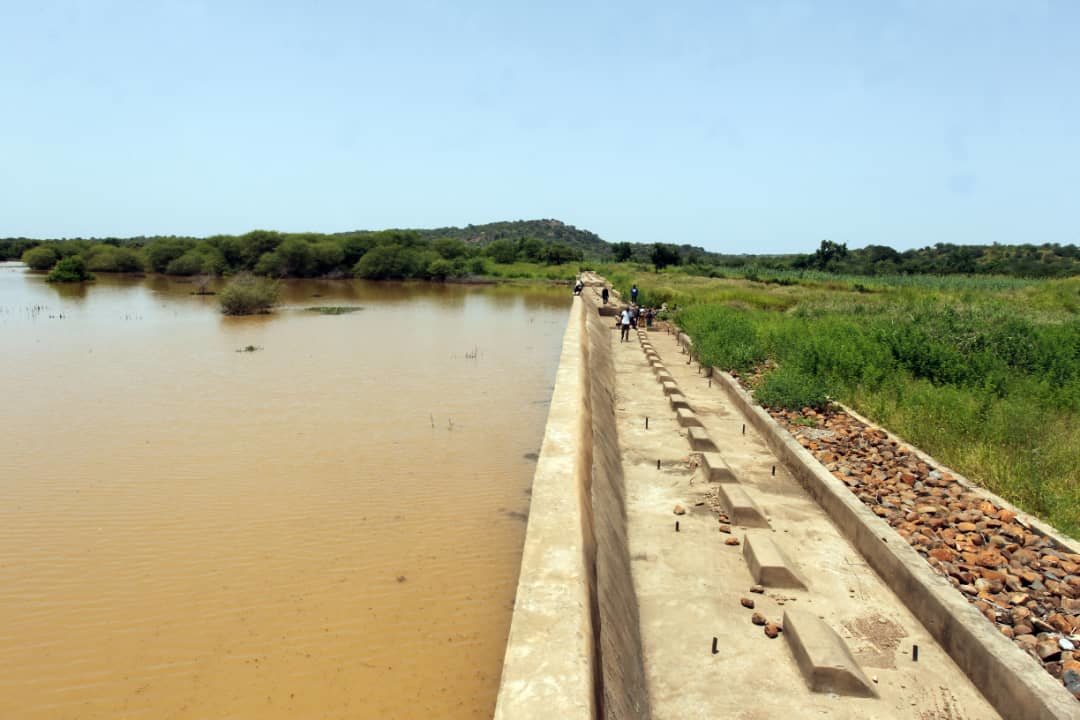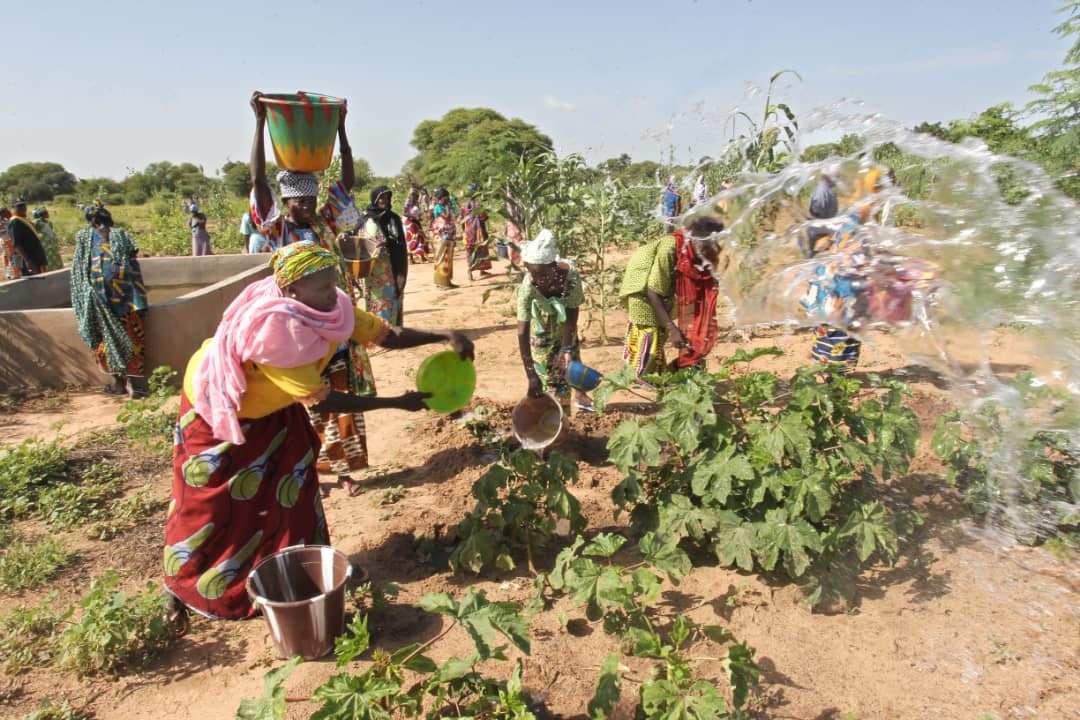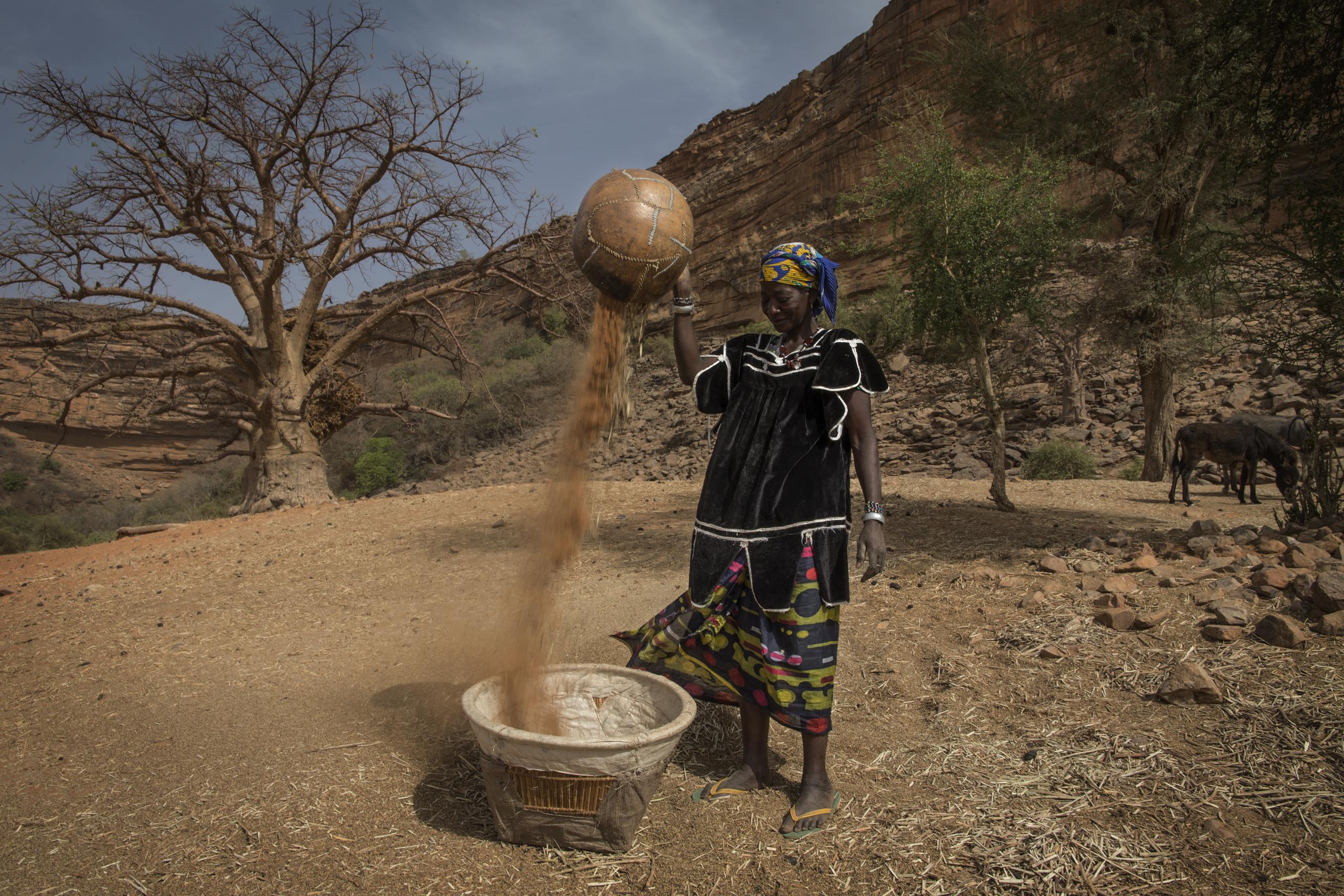Mali is a vast landlocked country with an area of 1,241,238 km². It is situated in the Sudano-Sahelian belt of West Africa and shares 7000 km of its borders with Algeria, Niger, Burkina-Faso, Ivory Coast, Guinea, Senegal and Mauritania. Mali is part of the largest countries on the continent. Its population approximately close to 14 million in 2011.
It contains four large agro climatic regions which are: the Sudano-Guinean area to the South (6 percent of the territory), the Sudanese area to the center (17 percent of the country), the Sahelian zone to the North (26 percent of the territory) and the Saharan area covering 51 percent of the country. On hydrographic matters, Mali has in its southern and central side the Niger river (over 1,700 km) and Senegal (over 800 km) and its tributaries.
In matters of economy, livestock and agriculture are the two big sectors of rural production. The primary sector occupies near 85 percent of the population and provides near 80 percent of the national GDP (more or less 400 dollars per person). Mali is classified among the poorest countries in the world.
Women contribute more than men to the overall impact of poverty at the national level and poverty is more severe in rural areas where near two third of the population lives. With regards to the socio-demography, Mali is characterized by a high level of natality (6.4 children per women) and an extreme youth of the population.

Context of the area of intervention (Nioro and Nara)
The intervention area of the BFFS programme expands on the Nara circle, which covers a 30,000 km² area and contains 11 municipalities, most of them belonging to the municipalities targeted as the most vulnerable in Mali. The Nioro circle in Sahel, covers an area of 11,060 km² and contains 16 municipalities. The area targeted by the Belgian Fund for Food Security (BFFS) is constituted by the Circles of Nioro, located in the Kayes and Nara region, in the Koulikoro zone. The North of the Koulikoro region and the Kayes regions is one of the areas where food insecurity and vulnerability are the highest in the country.
The majority of the targeted municipalities are the most vulnerable to food insecurity and experience regularly situations of food/economic crisis. The coverage of the area will be done progressively in order to cover the entirety of the 27 municipalities throughout the present phase of the programme. Facing a precarious environment, the populations have diversified, for a long time, their life style based on agriculture and livestock.
The practice of subsistence farming and transhumance breeding is led with a strategy of minimizing risks, without a capacity to accumulate on the long-term. The demographic growth, the degradation of natural resources and climate change make extensive practices more difficult and makes them in the medium term, less and less profitable and increasingly risky. They force the populations to search more sources of revenues beyond the family farm and to depend more on the market for their nutrition.

The global FBSA programme
The global programme of the Belgian Fund for Food Security has the global objective of improving durably food and nutritional security of vulnerable groups at the level of the Nara and Nioro circles in Sahel, by favoring their access to the production factors, the technologies and markets and by strengthening the capacities of the local actors in the management of food security in local development. Five Belgian NGOs and UNCDF are contributing to the implementation of this programme whose coordination is ensured by the Food Security Office supported by the FAO. The BFFS programme targets a population estimated at more than 430,000 inhabitants, spread in 27 municipalities, on 2 Circles and 2 regions.
Read more about the global programme
A complementary partnership
UNCDF has cooperated with the BFFS ten years ago in several African countries, and particularly in Mali, on matters of strengthening and decentralizing food security. UNCDF intervenes in the BFFS on the basis of two fundamental elements: accountability and sustainability. In the context of Mali, the local governments have a legal and financial status and the elected representatives are accountable in front of the law, the institutions and the tax payers for the healthy management of public revenues.
Read more about the partnership
The FBSA Strategy
The multi-actor programme for the fight against food insecurity and malnutrition in the Nioro and Nara circles favors a single logical framework regrouping the interventions of all the partners and whose coherence is linked to the four pillars of food and nutritional security. The input of the UNCDF is intended to enhance the link between these four areas and the sustainable management of investments by the local authorities, main responsible for the project management of these investments in their municipality.
Allocation of Funds for Food Security
An investment fund for a budgetary support locally targeted, named the Food Security Fund to highlight its exclusive orientation to the funding of actions related to food and nutritional security, has been planned in the framework of this programme. It serves to fund three types of structuring investments projects.
Read more about the allocation Fund
The monitoring tools
The mechanism of monitoring-review of the SLC (Support to Local Communities) component, managed by UNCDF integrates in the arrangement set up by the Global Programme. Specifically, a monitoring-review system of the programme is implemented for the needs to follow up on the contribution of the component and to enable a more precise evaluation of its input in relation to the areas covered.










